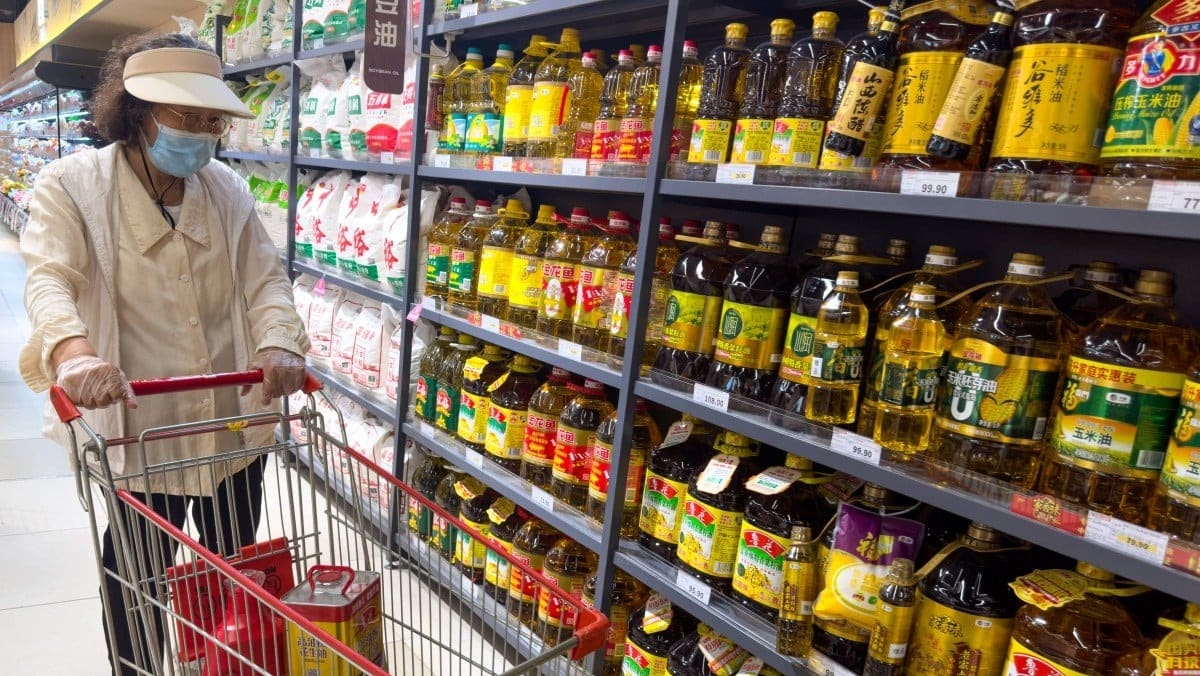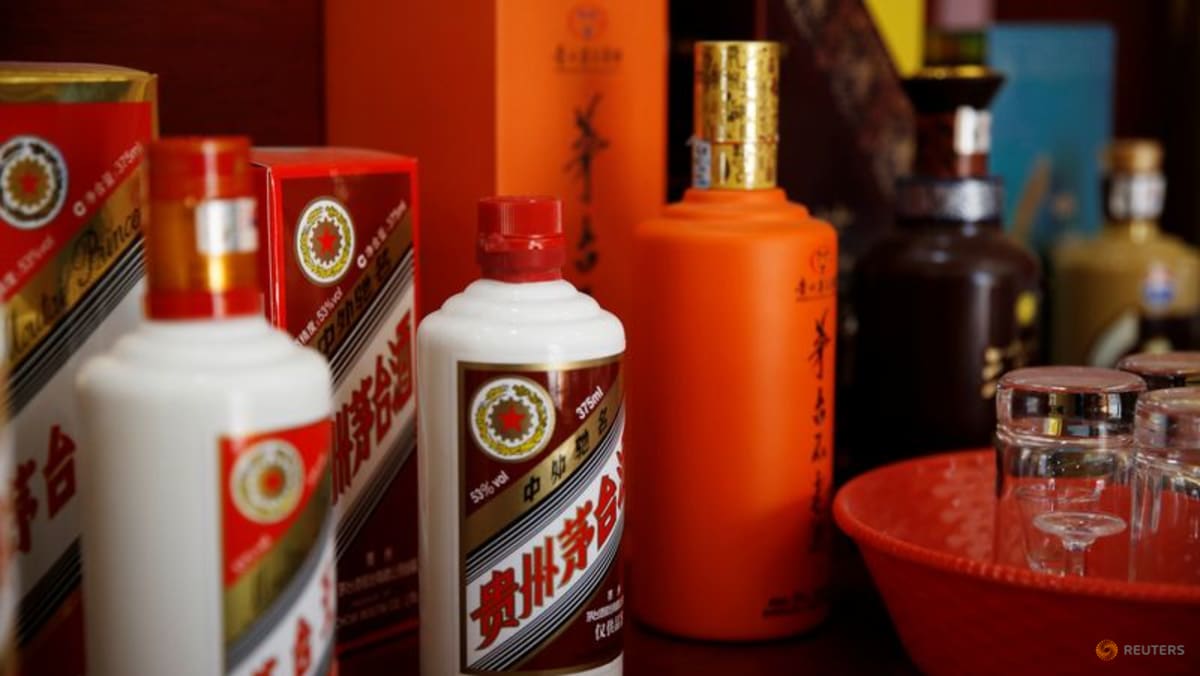Arrests and fines in fallout from China’s cooking oil scandal

The first truck was carrying 35.91 tonnes of cooking oil, of which 11 tonnes was used to make animal feed. The rest had not been not sold and had since been sealed to prevent further use.
The second truck was carrying 31.86 tonnes, of which 29.38 tonnes had been packaged and sold, mainly to the city of Ordos in the northwestern autonomous region of Inner Mongolia. Some 7.78 tonnes that had been sold but not yet used. It had since been recalled and sealed.
Three other people served 10 days in administrative detention for issuing a false receipt that a truck had been cleaned.
In addition, two transport companies were stripped of their operating licences and fined more than 1.5 million yuan (US$210,000), while a third company – the registered owner of one of the tankers – was fined nearly 2 million yuan (US$281,000), the team said. Police were urged to continue investigating the three companies.
The Sinograin subsidiary was fined 2.86 million yuan while Hopefull was fined 2.51 million yuan.
One company that bought the oil carried in the tankers was fined 300,000 yuan and another was fined 260,000 yuan.
The investigation team said local officials were responsible and that anti-corruption agencies would be involved in further investigations.
The food safety team said that, apart from the two trucks mentioned in media reports, they “did not find any similar problems” in their nationwide investigation.
The team vowed “zero tolerance” for such incidents and that it would continue to control the transport of cooking oil.
Shortly after the findings were published on Sunday, a commentary in Communist Party mouthpiece People’s Daily said the investigation reflected Beijing’s “highly responsible attitude to food safety and its high-pressure stance of continuing to crack down on criminal and illegal acts involving food”.
Several cooking oil companies said last month they had investigated within and found no problems with their products or transport.
It is not the first time Chinese media have reported on the transport of cooking oil. In 2005 and 2015, media reports highlighted similar practices.
Last month, some bloggers discovered that a Chinese online platform that tracks truck movements could provide clues as to whether trucks were being used to transport both fuel and cooking oil.
The platform, which is mainly for delivery companies, stopped sharing information after a surge in traffic.
This article was first published on SCMP.
Source: CNA















